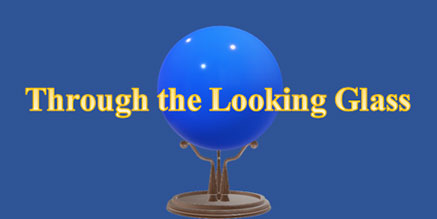As a child we played
Musical Chairs.
Round and round the chairs
We went knowing
There was one too few
For all of us.
It was a game of chance
And mostly luck
So we giggled and we laughed
While no one always won
And the first one out
Was not always the same.
Round and round with music
Till the sudden silence
When the mad scramble began
To find an empty seat waiting
There just for you.
Yet someone lost every time
And one more chair was removed
Before the music started
Then once again we all chased
Each other round and round.
We grew older and the game
Remained, though the music changed
And the seats vanishing are
Our homes in a night,
Scholarships, and jobs,
Food and clothing
While the music plays on
Spinning webs of tension,
Filling the air with a pungency,
The flavor of anxiety so thick
It can be tasted.
Round and round we dance
To the music’s rhythm
Of off-and-on again
While we wish for bat ears
That we might catch the moment
Just before the music will stop:
We search the skies
Peer into the lightness
And the dark listening
With all our might
To hear that one sound,
Movement, change,
Signal, that will come before
The silence and the choice.

